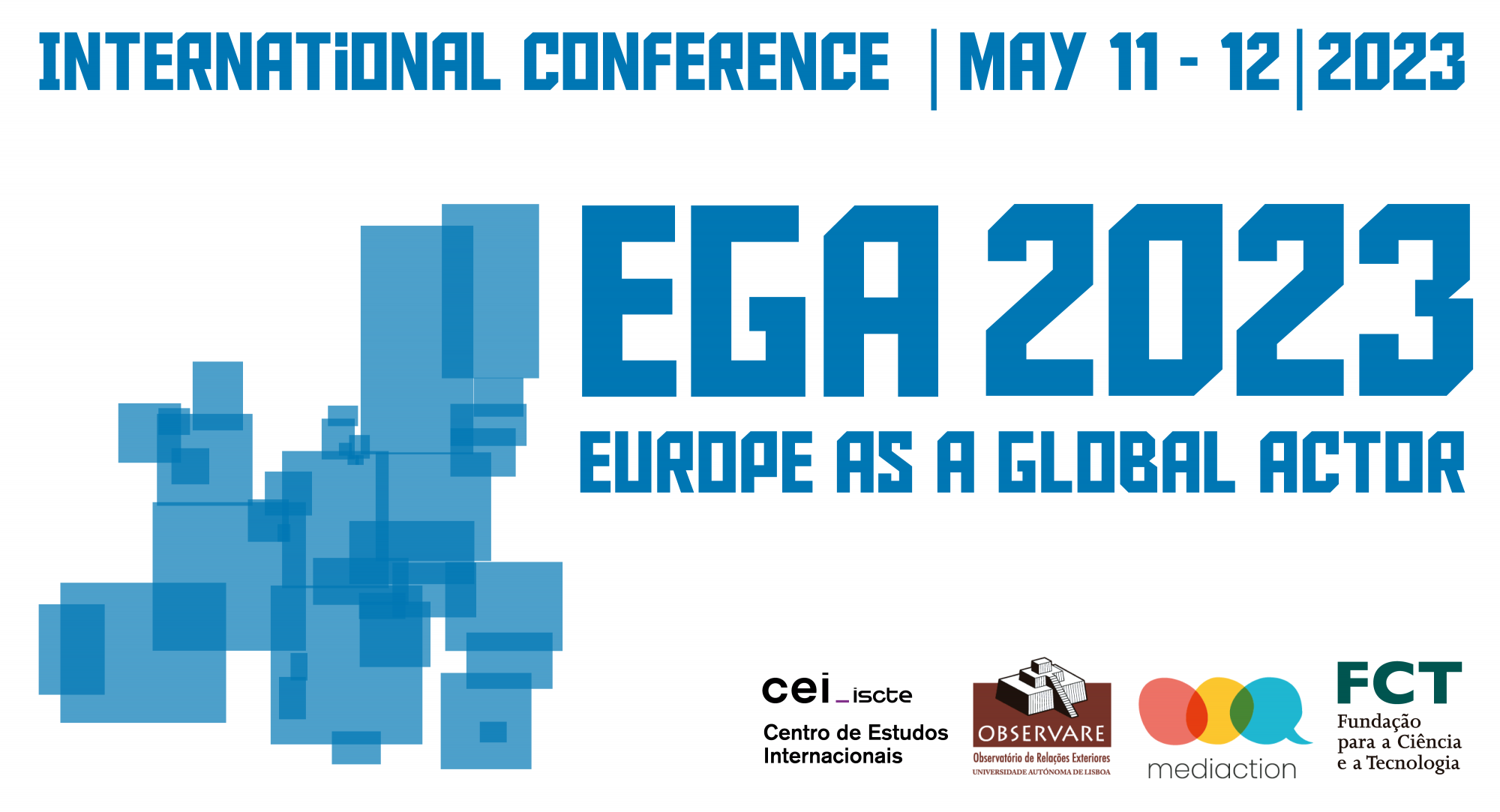Legitimacy is how international institutions ensure endorsement in the absence of coercion. We propose the use of external legitimacy as an actorness criterion, as this link remains underexplored. Looking at the EU’s actorness in crisis management, we analyse how it attempts to legitimate itself by justifying normatively its appropriateness to act in the name of common purposes, and following procedures accepted as fair. The area of crisis management is marked by its emergency and crisis nature and deployment on a case-by-case basis, unlike most external policies, so the EU’s discourse focuses on its own potential role, identity, and value-added. Thus, we focus on how the EU convinces others to validate and endorse it. We use critical discourse analysis embedded in post-structuralism due to their focus on deconstruction and critique of asymmetric power relations, their effort to ‘denaturalise’ meta-narratives that shape the social world, and the importance of discourse for the legitimation of organised power relations. The EU’s discourse reveals an asymmetry between itself and its interlocutors: the EU assumes that others want to emulate its standards, brands itself as an ideal, and places itself at a superior level. Thus, by organising and modernising others according to European standards, the EU assumes a ‘civilising’ attitude that goes beyond crisis management.
Keywords: European Union, crisis management, critical discourse analysis, legitimacy, post-structuralism
Inês Marques Ribeiro (Ines_Marques_Ribeiro@iscte-iul.pt)
Center for International Studies, ISCTE-IUL
